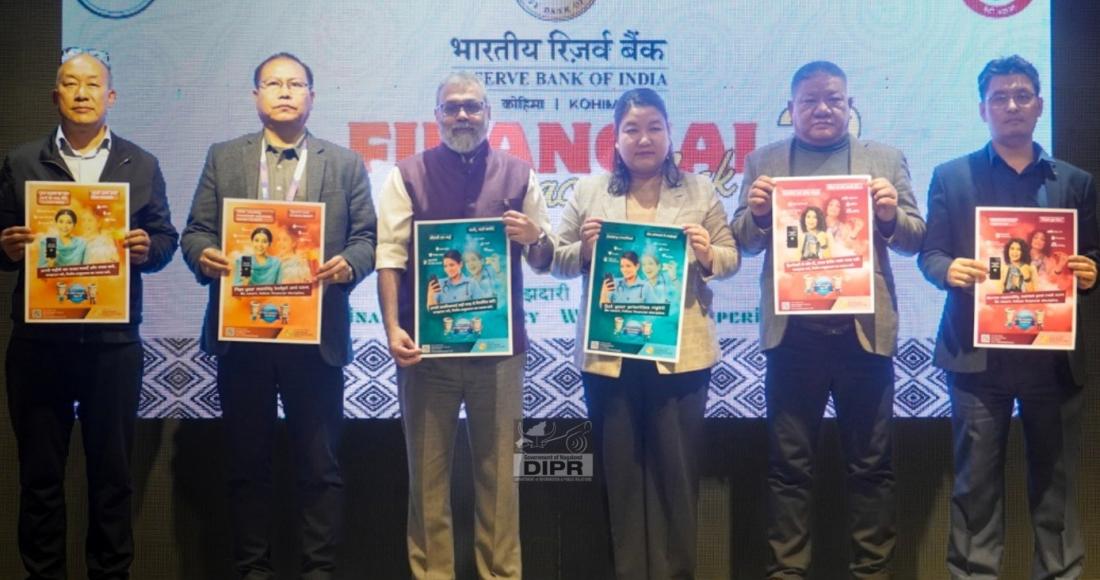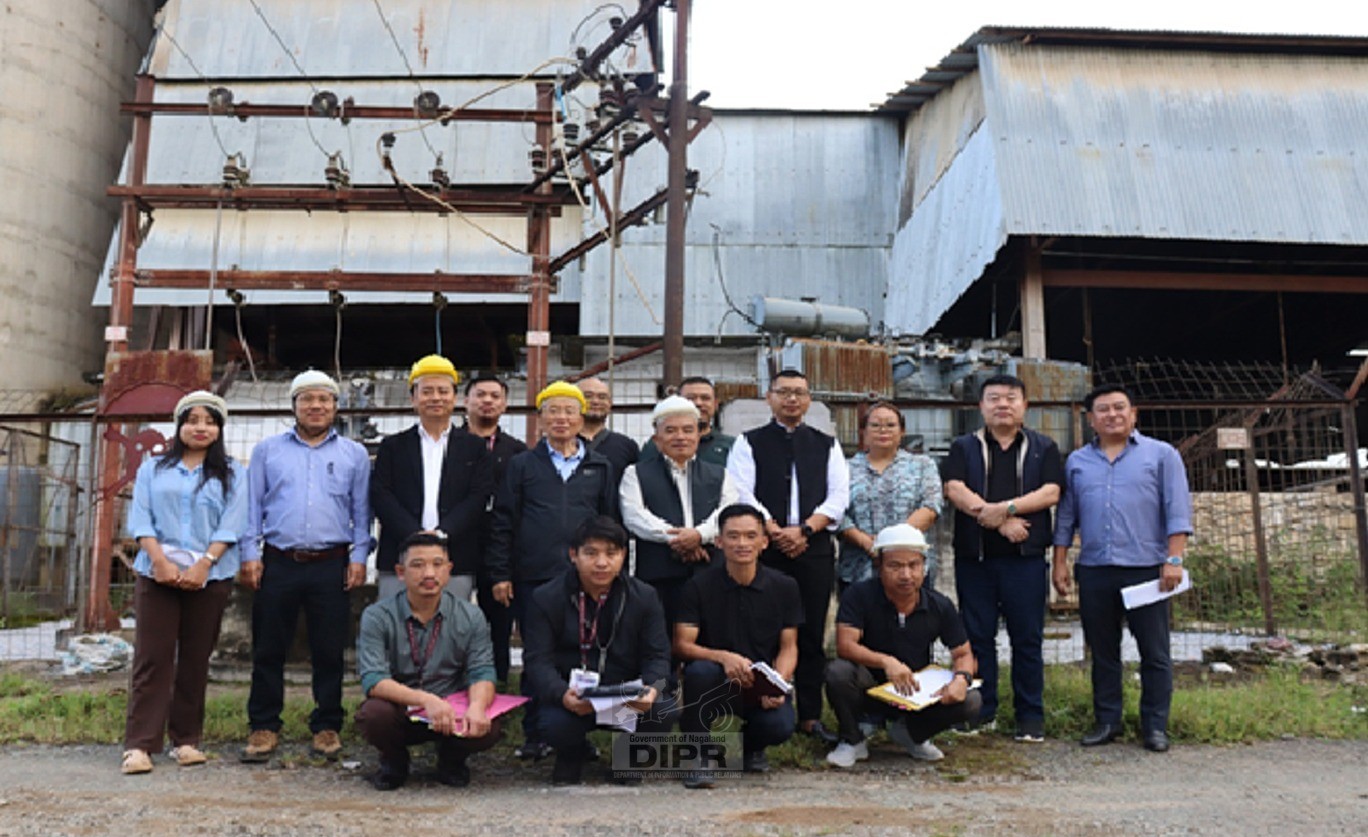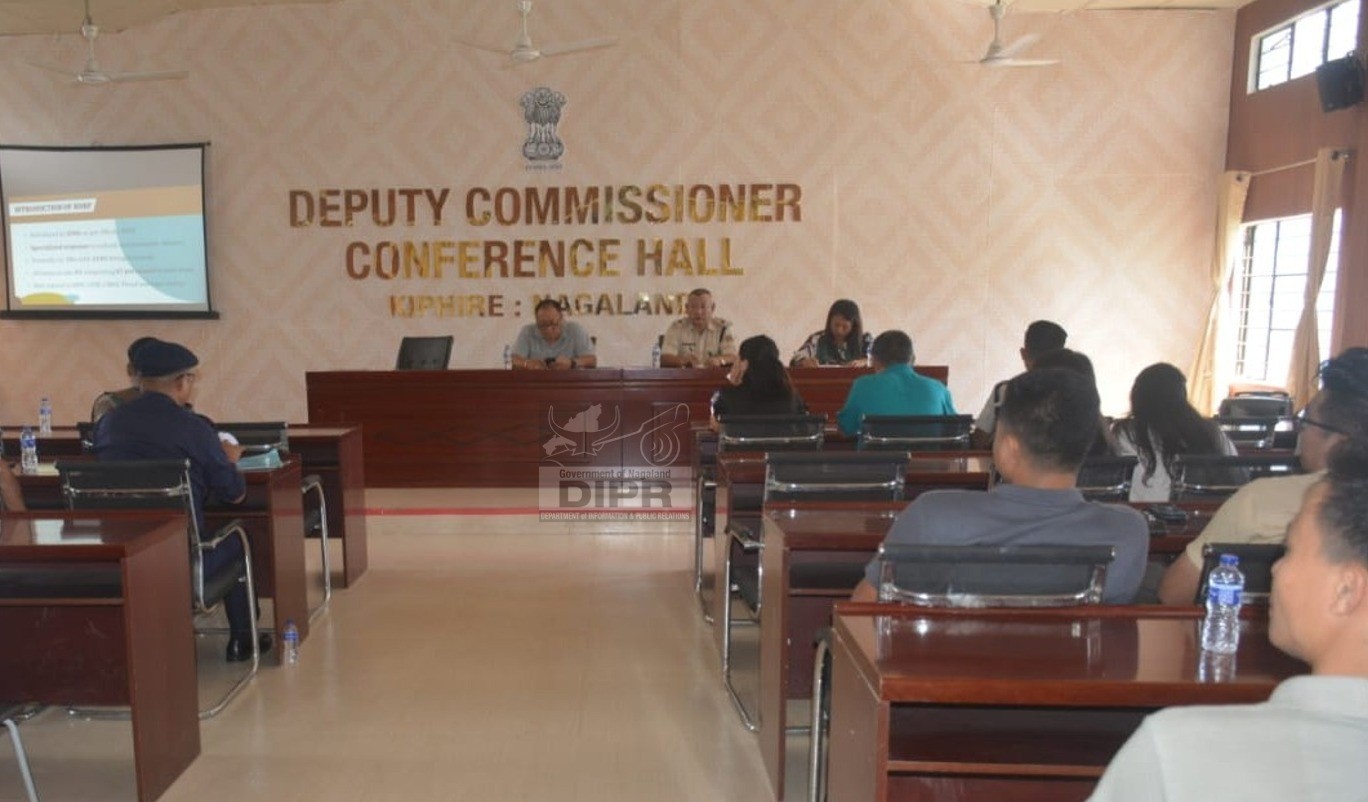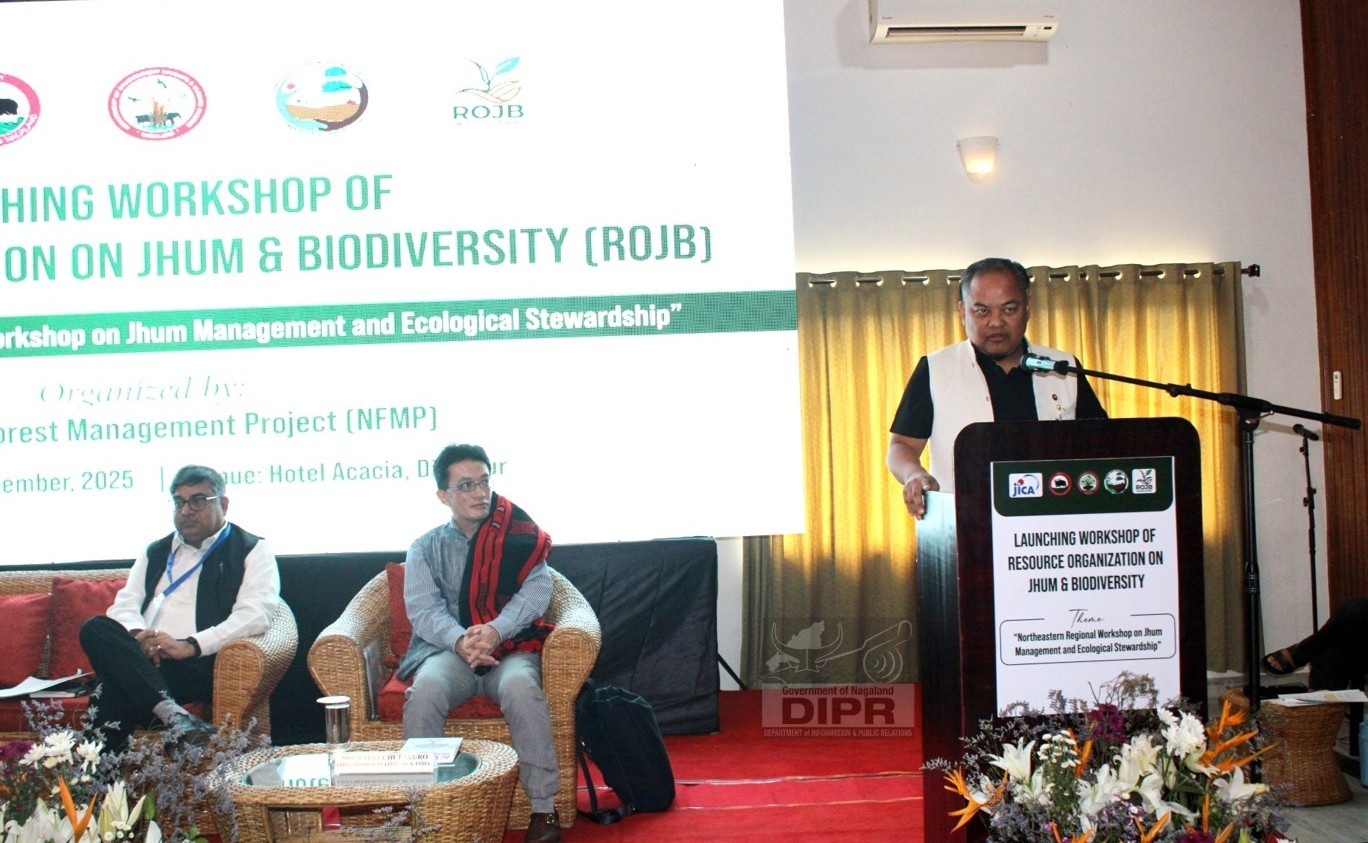The Reserve Bank of India’s Financial Literacy Week 2025 for Nagaland was inaugurated at Hotel Vivor, Kohima by General Manager & Officer-in-Charge, Paresh Chauhan on 24th February 2025. The function was attended by Makuni Thaimei, AGM, State Bank of India, Kohima, Velayutham S, Chairman, Nagaland Rural Bank, Nengneithem Hengna, Director, Project Runway India HM Pvt. Ltd. SHG Members (NSRLM) of Meriema, Tsiesema Bawe and Tsiesema Basa and Thizama, representatives of NSRLM, various banks and CFLs.
The Reserve Bank of India has been observing Financial Literacy Week (FLW) every year since 2016 on a specific theme targeted at particular segments of the population. Financial Literacy Week 2025 which is being observed from 24th to 28th February 2025, marks the 10th Edition of this initiative. The objective behind observing Financial Literacy Week is to spread awareness among people about key financial topics through focused campaigns. Financial literacy empowers individuals and households to manage their money effectively, plan for their future, and make informed and responsible financial decisions that lead to financial well-being and makes them aware of their rights as consumers of financial products and services. As the financial landscape evolves rapidly, the need for financial literacy and understanding the risks and rewards associated with making financial decisions has never been more crucial.
Financial Literacy Week 2025 was inaugurated by Governor, RBI, Sanjay Malhotra in Mumbai earlier today. This year, the theme is ‘Financial Literacy: Women’s Prosperity.’ The intent is to prioritise financial literacy for women considering their multifaceted role in society. The campaign will cover topics such as risk diversification, responsible borrowing, maintaining a good credit score and household budgeting and will have special focus on homemakers, working women and women entrepreneurs.
During the course of the week, the Reserve Bank of India, in collaboration with banks and other stakeholders, will organize awareness programmes and outreach activities across the country. These initiatives will also be sustained during the year to ensure a lasting impact.
(DIPR)






